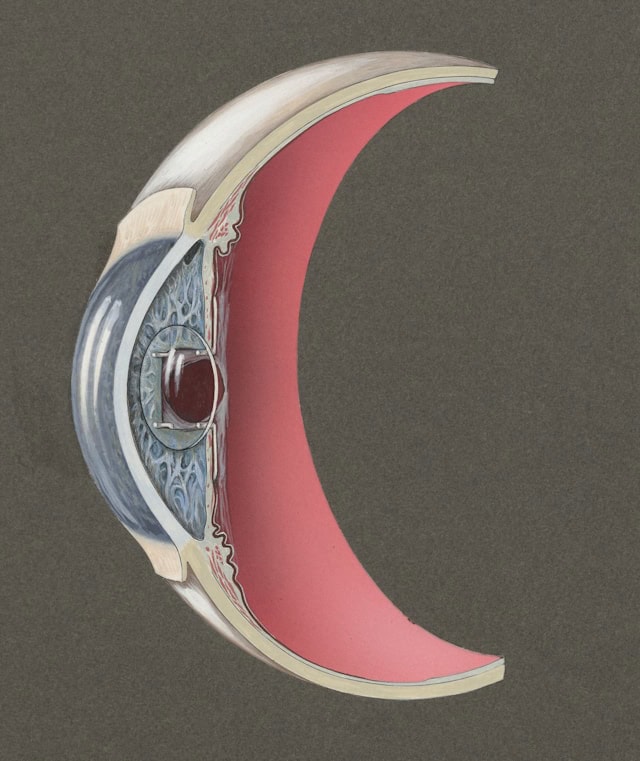How often do you think about your eye health? You may think more about your eyes in the summer when you reach for your sunglasses to protect your eyes from the sun’s harsh rays, but otherwise you probably think less about eye health than your general health. August is Cataract Awareness Month- today on the blog we’re going to explore what cataracts are, how to treat them, and steps we can take to hopefully prevent them from forming or getting worse.
What are cataracts?
- Cataracts are when your eye lens becomes clouded.
- We all have proteins in the lens of our eyes. As we age, the proteins begin to break down and clump together, creating a cloudy area on the lens.
- This process can begin as early as our 40s but we may not begin to notice symptoms until our 60s!
- Cataracts normally don’t hurt but can cause discomfort by making you more sensitive to light.
- Click here to view a graphic via the National Eye Institute.
How do I know if I have cataracts?
- Common symptoms include:
What are the risk factors of developing cataracts?
- Age.
- Certain health conditions (e.g., diabetes, glaucoma).
- Smoking.
- Heavy drinking.
- High blood pressure.
- Air pollution.
- Family history of cataracts.
- Spending a lot of time in the sun– especially without sunglasses.
- Using steroid medications.
- Suffering from an eye injury.
Are cataracts a normal part of aging?
- Cataracts are fairly common- nearly 1 in 5 older adults in the US (age 65-74) have cataracts. Over 50% of people in the US over age 80 have either had cataracts or cataract removal surgery.
- The most common type of cataracts are age-related.
- While cataracts become more common with age, they are not an inevitable part of aging; not everyone will experience cataracts in their lifetime.
Is there anything I can do to prevent cataracts?
- There’s no way to fully prevent cataracts but protecting your eyes from ultraviolent light (like the sun’s rays/UV rays) can prevent or slow down cataract development.
- Make sure to wear protective eyewear when using power tools or playing sports.
- Stop smoking.
- Eat a diet rich in eye-healthy foods such as fruits, vegetables, leafy greens, and whole grains.
- Get regular eye exams.
I think I have cataracts- what are the next steps?
- Make an appointment with your eye doctor, only an opthamologist or optometrist can diagnose cataracts.
- The only treatment for cataracts is to remove them surgically.
Visit the Senior Resource Connect Online Senior Resource Directory to find vision resources in your community.






